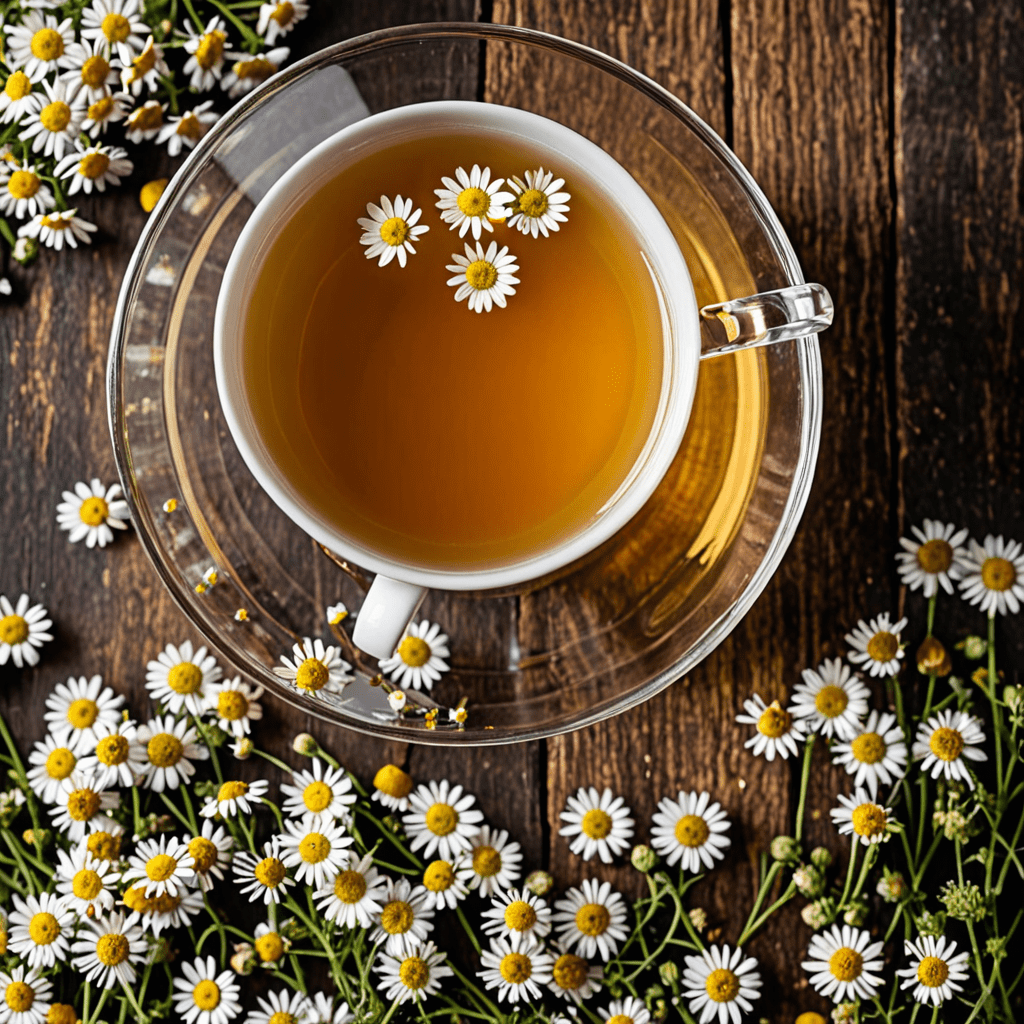Herbal Infusions vs Herbal Teas: Understanding the Difference
In the world of beverages, herbal infusions and herbal teas often get mixed up, but they are not the same. Understanding the subtle yet crucial differences between the two can elevate your tea-drinking experience. Let’s delve into the distinctions between herbal infusions and herbal teas to help you make informed choices next time you reach for a comforting cup.
What Is a Herbal Infusion?
Starting with herbal infusions, they are made by steeping herbs, flowers, fruits, or roots in hot water. The process involves extracting the flavors and beneficial compounds from these botanical ingredients. Herbal infusions are caffeine-free and are valued for their therapeutic properties, such as aiding digestion, promoting relaxation, or boosting immunity.
Understanding Herbal Teas
Now, let’s shift our focus to herbal teas. Contrary to herbal infusions, herbal teas technically belong to the category of true teas. True teas come from the Camellia sinensis plant, but herbal teas are created by blending herbs, flowers, fruits, or spices. Commonly known as tisanes, these brews are also caffeine-free and offer a variety of flavors and health benefits.
The Main Differences
The primary difference between herbal infusions and herbal teas lies in their ingredients. Herbal infusions use only non-tea ingredients like chamomile, peppermint, or hibiscus, while herbal teas contain a blend that may include tea leaves along with various botanicals.
Health Benefits
Both herbal infusions and herbal teas boast medicinal benefits. For example, chamomile infusion is renowned for its calming properties, ideal for bedtime relaxation, while green tea blends offer antioxidants and metabolism boosters. Choose your brew based on the wellness benefits you seek.
Flavors and Aromas
When it comes to flavors and aromas, herbal infusions tend to have a stronger taste profile due to the pure essence of the individual botanicals. On the other hand, herbal teas blend these elements to create complex and layered flavors, making them delightful for exploring different taste sensations.
Brewing Tips
Both herbal infusions and herbal teas require proper brewing techniques to extract the best flavors and benefits. It’s recommended to steep herbal infusions for about 5-10 minutes, while herbal teas might need 2-5 minutes. Experiment with steeping times to discover your preferred strength and taste.
Final Thoughts
Whether you opt for a calming chamomile infusion before bed or a zesty herbal tea blend in the morning, understanding the nuances between herbal infusions and herbal teas can enhance your appreciation for these delightful beverages. Explore a variety of options, savor the unique flavors, and let these natural brews enrich your daily rituals.
FAQ: Herbal Infusions vs Herbal Teas
What are Herbal Infusions?
Herbal infusions are beverages made by steeping herbs, flowers, or roots in hot water. Unlike true teas, which come from the Camellia sinensis plant, herbal infusions contain no tea leaves.
What are Herbal Teas?
Herbal teas, often referred to as tisanes, are also made by steeping plant materials in hot water. However, herbal teas specifically exclude any leaves from the tea plant. These beverages are caffeine-free and can offer various health benefits.
What is the main difference between Herbal Infusions and Herbal Teas?
The key distinction lies in the ingredients used. Herbal infusions utilize non-tea plant materials such as herbs, flowers, or roots, while herbal teas exclude tea leaves but can include a wide variety of other plants. Both provide unique flavors and potential health benefits.

